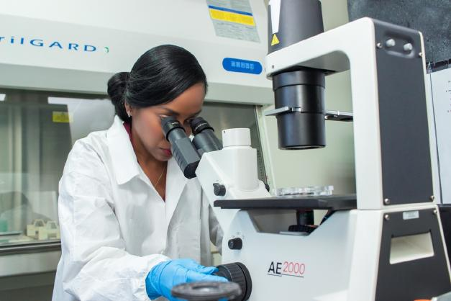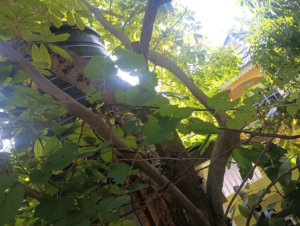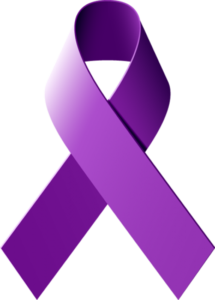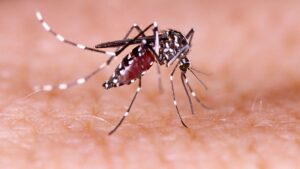Pioneering cancer researcher Dr. Simone Badal believes the lives of more Jamaicans could have been saved if there had been more focused research using black cell lines.
Dr. Badal, who is a senior lecturer and anticancer researcher at the Biochemistry Department of Basic Medical Sciences at the University of the West Indies, Mona, made some amazing discoveries when she completed her PhD research.
Her team successfully identified several Jamaican natural lead molecules as promising anticancer and chemotherapy-preventive agents. She also collected data regarding the biassed representation of cell lines for blacks and whites.
“I then asked the question, ‘Could the lack of black cell lines be a reason why blacks and whites have different rates of many cancers?’ For example, black men are 2.5 times more likely to die from prostate cancer, and they respond worse to current chemotherapy treatments; all the while, prostate cancer mortality rates are seeing an overall decline, which is evident primarily among white patients with the disease,” she noted.
Presently, Dr. Badal’s research is focused on developing targeted therapies for black men and women with cancer.
“This must be achieved with the right infrastructure, equipment, and personnel; hence, a cutting-edge Anticancer Centre is a requisite. Currently, our infrastructure and expertise have advanced in recent years, but more is needed to fully exploit the biological activities of our Jamaican natural products,” Dr Badal points out.
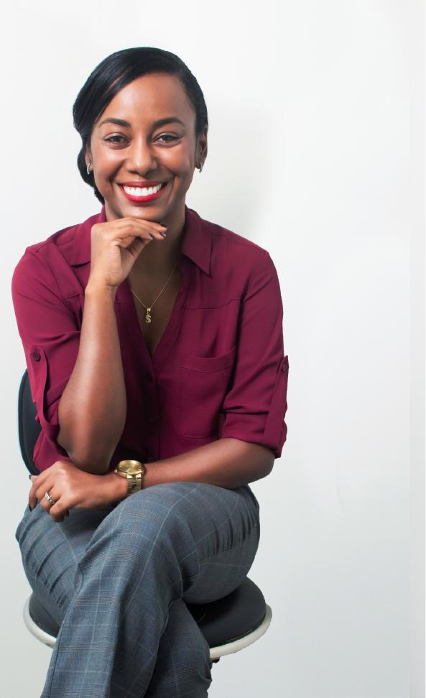
It is with this in mind that she is taking steps to address this challenge. She believes there is truth to the claim that men of African descent are 2.5 times more likely to die from prostate cancer and women of African descent are more prone to developing triple-negative breast cancer, the most aggressive and incurable form of breast cancer.
Having lost loved ones to this disease, she points out that she is intent on ensuring that Jamaica’s natural products can first be applied to treating cancers prevalent among our people.
Highlighting that cell lines are the first phase in the scheme of drug development and are used to understand the biology of the tumors from which they are developed and to develop therapies, Dr. Badal pointed out that her current focus has been on developing novel Caribbean cell lines, beginning in Jamaica to address prostate cancer.
“For obvious reasons, I’ve started in Jamaica as it is my home and among the countries with highest prostate cancer incidence and mortality rates, and I selected prostate because it is a cancer with perhaps the greatest disparity as black men are 2.5 times more likely to die from the disease than white men. Earlier funding I received has aided this step through the ACRJ Cell Culture Lab (www.acrj.org.jm),” she shared.
More recently, she received an NIH Emerging Global Leader Award of over 500,000 USD, which enabled funding to aid in advancing PCa cell line development. Expounding on the research, Dr. Badal shared that it will propel not only a wide cross-section of prostate cell lines representing the myriad of prostate tumour sub-types but the largest global prostate cancer cell line panel, allowing them to optimize the full benefit from these cell lines.
“Funding from this grant will offset lab consumables and some equipment costs. However, as we expand our current lab space to house another laminar flow and CO2 incubator, to improve our efficiency and effectiveness in developing more cell lines, we also need to outfit our lab to carry out mechanistic studies, including western blot, immunofluorescence, and Next Gen sequencing in addition to developing an in vivo lab,” she articulated.
Dr. Badal observes that the capacity to include breast cancer cell line development should be expanded as the facilities will provide a more comprehensive pre-clinical outlook on the bioactivities of our Jamaican natural products. The results can be used to identify lead molecules worthy of clinical trials.
On a sober note, she informed that funding for these facilities and training will exceed two million USD, so the likelihood of her receiving it in one go is small. As such, she is approaching the building of the research facility in a stepwise manner, brick by brick.
Part of the ‘brick’ is applying to the CHASE Fund and praying and keeping her fingers crossed that she will be successful in acquiring it, as it will take many more bricks to get closer to their Avant-Garde Anticancer Research Lab.
Born and raised in an inner-city community, Blackwood Terrace off Red Hills Road, Dr. Badal attended St. Richards Primary and then Meadowbrook High. It was while in secondary school that this trailblazing Jamaican fell in love with the sciences.
Sharing on her passion for cancer research, Dr. Badal notes that the conversation around health disparity research at the beginning of her journey to cell line development was not nearly as lively as it is now, so the support, she received to this end was minimal.
Dr. Badal remains undaunted in her efforts to make a difference. Her unrelenting work at the Anti-Cancer Research Jamaica (ACRJ) Foundation, which she founded in 2014, is well documented. That same year, she was one of five winners of the Elsevier Foundation Awards for early-career women scientists in the developing world. She also developed the first prostate cancer cell line from the Caribbean, dubbed ACRJ-PC28.
“What was clear is that the lock-and-key approach to drug development using a biassed representation of research models would contribute to the persistent disparities we were observing. This was my motivation for doing my current research; I am not only interested in developing drugs to treat and prevent cancers, but I am interested in ensuring our lead agents are first and foremost effective among our black people,” were her impassioned words.

